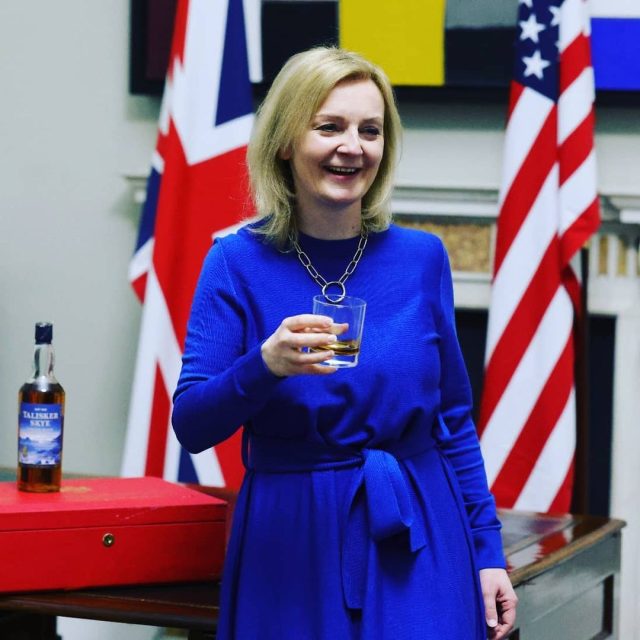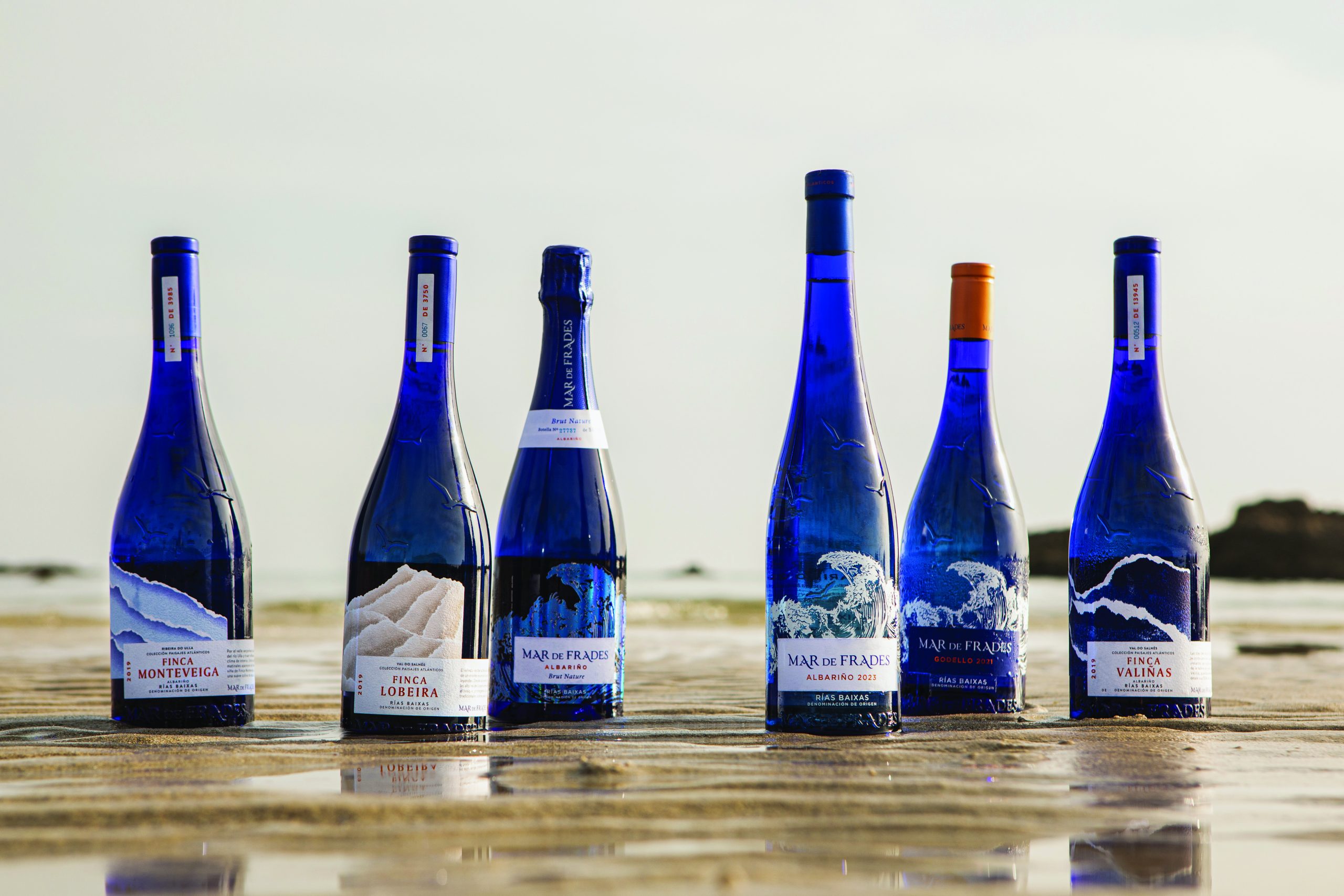Drinks industry reacts to Liz Truss becoming Prime Minister
Campaigning on a platform of tax cuts and amid a backdrop of mounting crises, Liz Truss now faces a growing list of demands as she enters 10 Downing Street. Here’s what various drinks industry bodies want from the new Prime Minister.

The contest was closer than the polling had suggested it would be, with Truss receiving 57.4% of the vote from Conservative party members – making her the only one of the four Tory leaders elected on a whole membership ballot to receive a share of less than 60%.
But, especially given current circumstances, Truss doesn’t have time to dwell on the result. In her brief victory speech she said: “I will deliver a bold plan to cut taxes and grow our economy. I will deliver on the energy crisis, dealing with people’s energy bills, but also dealing with the long-term issues we have on energy supply.” Energy and duties were the key issues drinks bodies brought up.
The Wine & Spirit Trade Association (WSTA) had been very vocal in its criticisms of Rishi Sunak’s proposed amendments to alcohol duty, which would have raised duties on spirits and most wines, an opinion also shared by the majority of Tory members according to one poll. WSTA CEO Miles Beale tweeted: “[A Liz Truss] government would be unashamedly pro-growth. This would be good news for the potentially hamstrung but potential-packed, SME [small and medium-sized enterprises] rich UK wine and spirits sector.”
WineGB CEO Simon Thorpe MW told db: “Liz Truss has served in a number of departments where the GB wine industry has a stake – having previously been Secretary of State for Environment, Food & Rural Affairs when she chaired a wine industry round table. She also brings considerable and relevant knowledge and experience from her past roles as Chief Secretary to the Treasury and Secretary of State for International Trade and President of the Board of Trade.”
“In her last post as Foreign Secretary she issued the remit to all Heads of Mission to serve British food and drink as priority. Our new Prime Minister is certainly aware therefore of the GB wine industry and its importance on the domestic and international stage and we hope that it will continue to be so,” he continued.
Thorpe then called on Truss to: tackle inflation, “harmonise” the duty of sparkling wine with that of still wine, support British wine in international markets through “gastro-diplomacy”, help British wine tourism to reach its “potential”, and invest in “agri-tech developments and other research and development projects”.
Partner Content
In terms of how the spirits industry reacted, Scotch Whisky Association CEO Mark Kent called for the new Government to “abandon” the planned RPI (Retail Price Index) increase on spirits duty and proposed: “…an ambitious UK-India free trade agreement which reduces the current 150% tariff on Scotch Whisky would create £1bn of additional exports over the next five years and create 1300 UK jobs.”
Speaking to db, a spokesperson for the UK Spirits Alliance cited Truss’ role in negotiating the removal of “damaging” tariffs on spirits with the US: “Looking ahead, we look forward to working with the new Prime Minister and her team to deliver a fair and supportive duty environment for UK spirits – including a freeze in spirits duty at an upcoming Budget – which backs our home-grown distillers right around the UK. This support will be more important than ever as this iconic and vibrant sector works hard to navigate the numerous economic headwinds facing all businesses this winter.”
Focusing on the on-trade side of the industry, Campaign for Real Ale (CAMRA) chairman Nik Antona congratulated Truss on her win, but reiterated its calls for “urgent action” on energy prices: “If pubs increased prices for consumers at the same rate as their energy bills, we would be paying £15 or £20 per pint at the bar – which obviously isn’t viable. Without help reaching them quickly many businesses that survived the pandemic will be forced to close their doors for good with devastating consequences for communities up and down the country.”
This sentiment was echoed by UK Hospitality CEO Kate Nicholls: “With the right package of support – including a reduction in the headline rate of VAT for the sector to 12.5%, a business rates holiday, the deferral of all environmental levies, the reinstatement of a HMRC Time to Pay scheme and the reintroduction of a trade credit insurance scheme for energy – the sector will be well placed to aid growth through generating jobs and local investment.”
Meanwhile, Matt Lambert, CEO of alcohol social responsibility and marketing regulator the Portman Group, said: “The Portman Group looks forward to working with Liz Truss’ Government, and all governments across the UK, in building on over a decade of falls in alcohol harms and continuing with our mission to ensure responsible alcohol marketing.”
Related news
Merry Christmas from the drinks business




